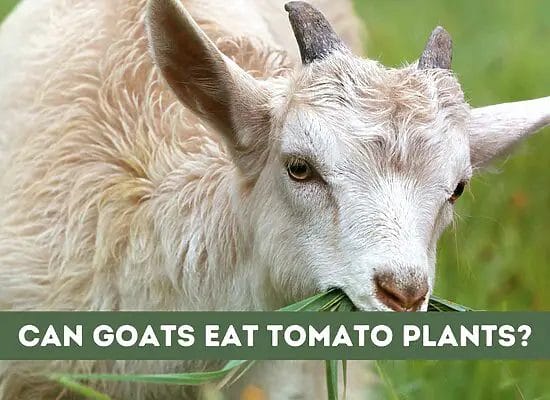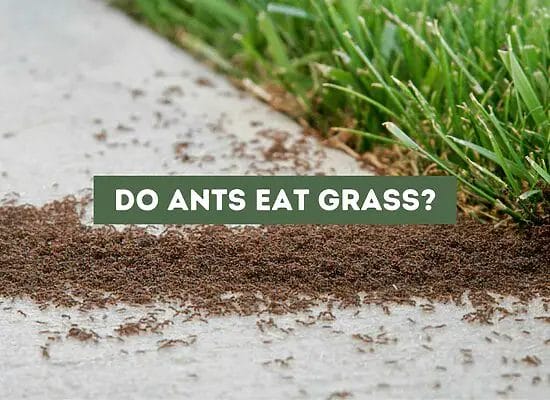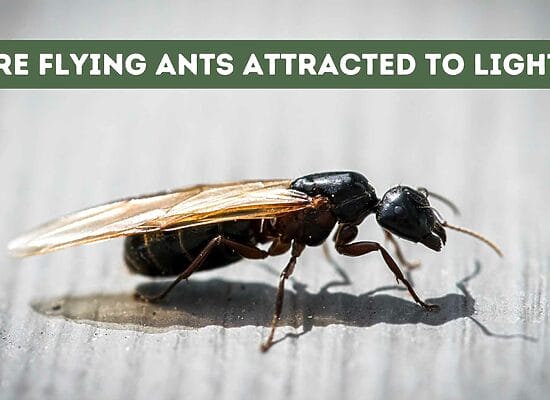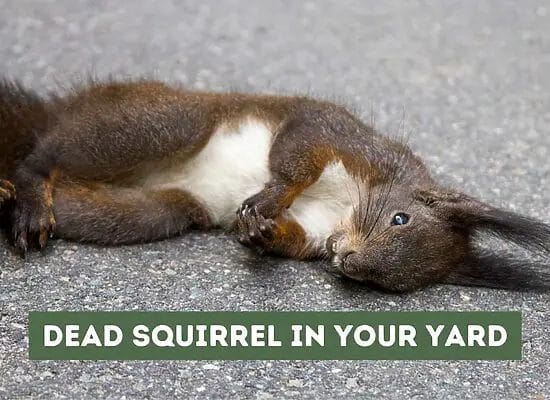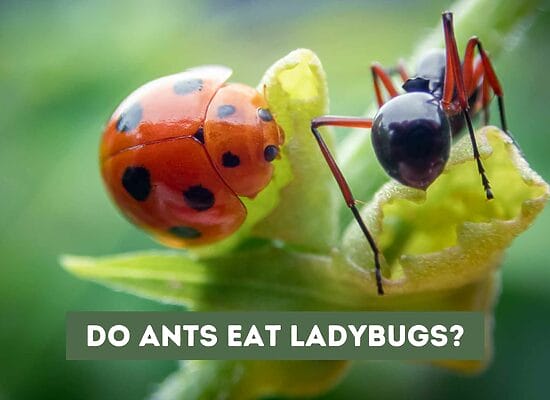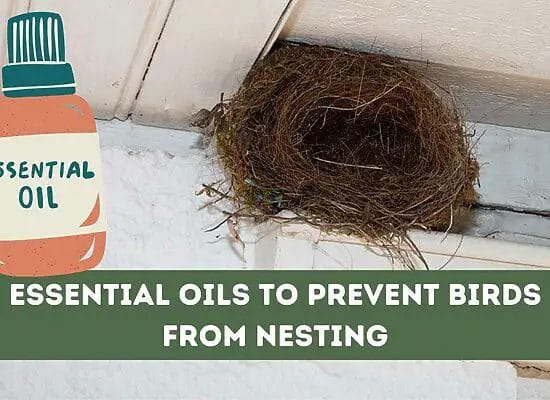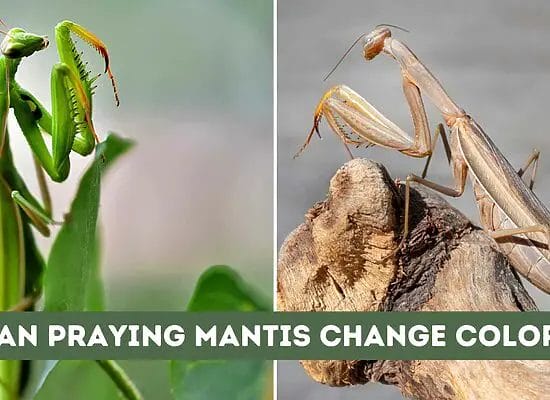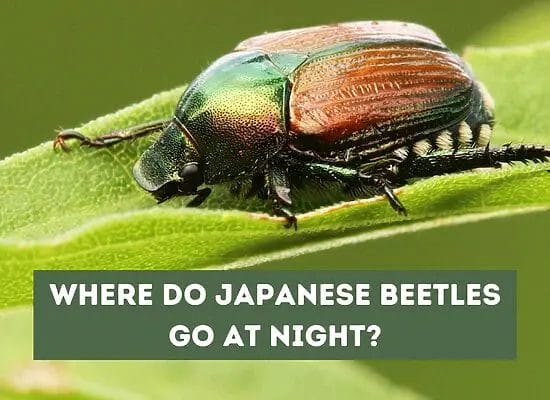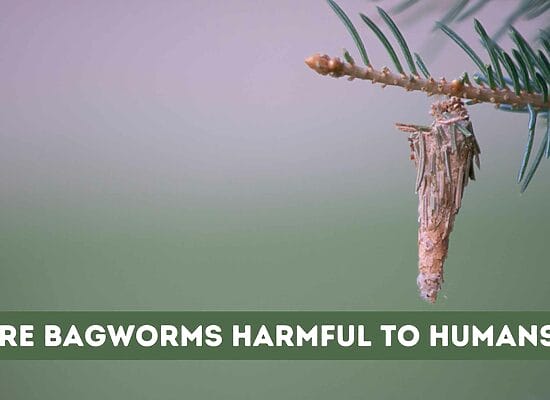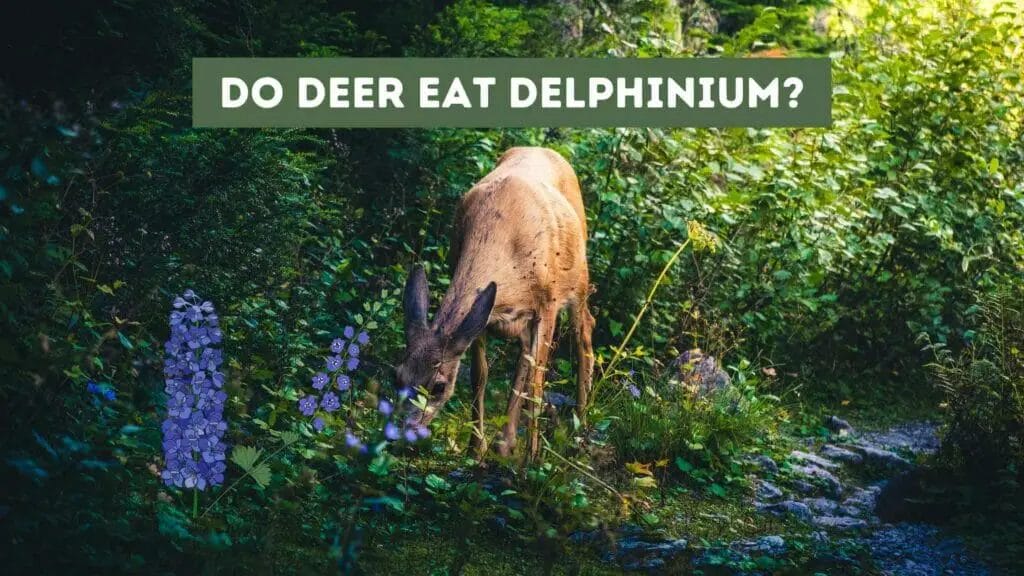
Do you have a beautiful garden filled with delphiniums but are worried about deer eating them? You’re not alone. Deer can be a nuisance to gardeners, eating everything in sight, including delphiniums. However, there are steps you can take to protect your garden and keep your delphiniums safe.
Delphiniums are a popular choice for gardeners due to their tall, spiky blooms in shades of blue, purple, pink, and white. Unfortunately, these plants are also a favorite of deer. Deer are known to eat the leaves, stems, and flowers of delphiniums, which can be devastating to your garden. But don’t worry, there are ways to prevent deer from feasting on your delphiniums and other plants.
Key takeaways:
- Deer can be a nuisance to gardeners and may eat delphiniums.
- Delphiniums are tall, spiky flowers available in various colors.
- Delphiniums are a favorite food of deer and can be damaged by them.
- Delphiniums are considered deer-resistant but not completely deer-proof.
- Planting deer-resistant perennials and using repellents can help protect delphiniums.
- Physical barriers like fences and natural barriers like shrubs can deter deer.
- Rotate between different types of deer repellents for better effectiveness.
What is Delphinium?
If you’re looking for a beautiful and easy-to-grow flower for your garden, Delphinium (also known as larkspur) is an excellent choice. Delphinium is a perennial flower that belongs to the buttercup family. It is native to the Northern Hemisphere and can be found growing wild in many parts of the world.
Delphiniums are known for their tall, spiky stems and showy flowers, which come in a range of colors, including blue, purple, pink, white, and yellow. They are a popular choice for cut flowers and are often used in floral arrangements and bouquets.
One fun fact about delphiniums is that they are named after the Greek word “delphis,” which means dolphin. This is because the shape of the flower buds resembles the nose of a dolphin.
Delphiniums are easy to grow and care for, making them a great choice for both beginner and experienced gardeners. They prefer full sun to partial shade and well-draining soil. They can grow up to 6 feet tall, so make sure to plant them in an area where they have plenty of space to spread out.
Do Deer Eat Delphinium?
If you are a gardener, you might be wondering whether deer eat Delphinium. Delphinium, also known as larkspur, is a beautiful perennial flower that can add color and charm to your garden. However, it is important to know whether deer like to eat it, as deer can cause significant damage to your garden.
Fortunately, Delphinium is considered a deer-resistant plant. This means that while deer may eat it if they are starving, they will generally avoid it if there are other food options available. Delphinium is known for its strong scent and taste, which helps to keep deer away.
If you want to keep deer away from your garden, planting deer-resistant perennials like Delphinium is a smart choice. Here are some other deer-resistant plants that you can consider planting:
- Yarrow
- Lavender
- Salvia
- Coneflower
- Black-eyed Susan
In addition to planting deer-resistant perennials, there are other steps you can take to keep deer away from your garden. Here are some tips:
- Install a fence around your garden to keep deer out.
- Use deer repellent sprays or granules to keep deer away.
- Plant herbs like rosemary and thyme, which have strong scents that deer dislike.
- Avoid planting plants that deer like to eat, such as hostas and tulips.
Are Delphiniums Deer-Resistant?
If you’re looking for a beautiful and colorful addition to your garden that won’t be eaten by deer, delphiniums might be a good choice. Delphiniums are one of the few plants that deer tend to avoid due to their bitter taste and toxicity. However, it’s important to note that no plant is 100% deer-resistant, and if a deer is hungry enough, it will eat almost anything.
Delphiniums are considered a deer-resistant perennial, meaning they are less likely to be eaten by deer than other plants. They are also toxic to deer, so they tend to avoid them. However, it’s important to note that not all delphinium varieties are equally deer-resistant.
The Guardian Series and Belladonna Series are two varieties that are known for being relatively deer-resistant. These delphiniums are tall and bushy, with tall flower spikes and a wide range of colors, including pink, blue, and white.
If you live in an area with a high deer population, it’s important to take additional steps to protect your delphiniums. Here are some tips:
- Plant your delphiniums in a location that is difficult for deer to access, such as a fenced-in area or a raised bed.
- Use deer repellents, such as sprays or granules, to deter deer from eating your delphiniums.
- Plant other deer-resistant plants around your delphiniums to make them less attractive to deer.
- Consider planting varieties of delphiniums that are known to be more deer-resistant, such as the Guardian Series or Belladonna Series.
What Other Deer-Resistant Plants Can You Plant?
If you’re worried about deer eating your delphiniums, you might be wondering what other plants you can add to your garden that are less appetizing to these furry creatures. Luckily, there are plenty of options out there! Here are some examples of deer-resistant plants that you can consider adding to your garden:
Perennial Deer-Resistant Plants
Perennial plants are a great option if you want to add some long-lasting color to your garden. Some deer-resistant perennial plants include:
- Geraniums: These plants have fragrant leaves and produce colorful flowers in the summer.
- Daylilies: These plants have bright, showy flowers that come in a variety of colors.
- Coneflowers: These plants produce large flower clusters that are popular with bees and butterflies.
- Lavender: This fragrant herb is known for its calming properties and produces purple flowers in the summer.
- Salvia: This plant produces bright blue flowers that are a favorite of hummingbirds.
Annual Deer-Resistant Plants
Annual plants are a great option if you want to add some quick color to your garden. Some deer-resistant annual plants include:
- Marigolds: These brightly colored flowers are known for their ability to deter pests.
- Snapdragons: These plants produce tall spikes of brightly colored flowers that are popular in cut flower arrangements.
- Petunias: These plants produce brightly colored flowers in a variety of shades.
- Zinnias: These plants produce brightly colored flowers that are popular with butterflies.
- Verbena: This plant produces clusters of small, brightly colored flowers that are popular with pollinators.
Shade Deer-Resistant Plants
If you have a shady spot in your garden, there are still plenty of deer-resistant plants that you can grow. Some examples include:
- Bleeding heart: This plant produces heart-shaped flowers that are popular in shady gardens.
- Hostas: These plants produce large, lush leaves that come in a variety of colors.
- Ferns: There are many different types of ferns that are deer-resistant and can add texture to your garden.
- Coral bells: These plants produce colorful foliage and small, bell-shaped flowers that are popular with hummingbirds.
While these plants are generally safe from deer, there are other plants that deer might target. Find out if sunflowers are one of them in our article on whether deer eat sunflowers.
Pro Tip: If you live in an area with a high deer population, it's a good idea to check with your local nursery or gardening center to see which plants are known to be resistant to the local deer population.
How to Keep Deer Away from Delphiniums
If you have delphiniums in your garden, you may be wondering how to protect them from hungry deer. Luckily, there are several ways to keep deer at bay and prevent them from snacking on your beautiful flowers.
Physical Barriers
One effective way to keep deer away from your delphiniums is to install physical barriers around your garden. The fence should be at least 8 feet tall and made of a material that deer can’t easily jump over or push through, such as metal or plastic mesh. You can also use netting or chicken wire to cover individual plants or flower clusters.
Another option is to create a natural barrier by planting deer-resistant shrubs or trees around your garden. Boxwoods, holly, and spruce are all popular choices that deer are less likely to eat.
Deer Repellents
Deer repellents are another effective way to keep deer away from your delphiniums. There are several types of deer repellents available, including sprays, granules, and electronic devices.
Sprays are the most popular type of deer repellent and can be applied directly to your delphiniums. Look for a repellent that is toxic to deer but safe for your plants, such as a garlic or pepper spray.
Granules are another option and can be spread around your garden to create a barrier that deer will avoid. Look for a granule that is deer and rabbit-proof, such as a blood meal or bone meal.
Electronic devices emit high-pitched noises that are unpleasant to deer and can keep them away from your garden. Look for a device that is designed specifically for deer and has good reviews from other gardeners.
Pro Tip: To make your deer repellent more effective, rotate between different types of repellents every few weeks. This will prevent deer from becoming accustomed to a single type of repellent and increase the chances of keeping them away from your delphiniums.
FAQ: Do Deer Eat Delphinium?
Are delphiniums deer-resistant plants?
Delphinium plants are often not deer resistant. Deer are known to love to eat the leaves and flowers of these plants.
Are there any deer-resistant perennials that I can plant in my garden?
Yes, there are many deer-resistant perennials that you can plant in your garden. Some good options include butterfly weed, lavender, yarrow, and Russian sage.
Can deer eat larkspur?
Yes, larkspur is another name for Delphinium, and deer are known to love to eat these plants.
Are there any perennial herbs that deer avoid?
Yes, there are several perennial herbs that deer tend to avoid, including lavender, thyme, and rosemary. These plants have a strong fragrance that deer do not like.
Can delphiniums grow in shade?
Delphiniums prefer full sun, but they can grow in partial shade. However, they may not grow as tall or produce as many flowers in the shade.
Do deer ever avoid eating plants that they normally love?
Yes, it’s possible for deer to avoid eating plants that they normally love. This can happen if the deer have access to other preferred food sources or if the plant has a strong fragrance or taste that the deer do not like.
Are there any plants that deer will never eat?
No, there are no plants that deer will never eat. However, some plants are less appealing to deer and are less likely to be browsed by them.
Can I use deer repellant to keep deer away from my garden?
Yes, there are several deer repellants available that can help keep deer away from your garden. However, it’s important to choose a repellent that is safe for your plants and to follow the instructions carefully.
What should I do if I have a deer problem in my garden?
If you have a deer problem in your garden, there are several steps you can take to deter them. You can plant deer-resistant plants, use deer repellants, install fencing around your garden, or try other tactics such as using scare devices or motion-activated sprinklers.
Are delphiniums poisonous to deer?
No, delphiniums are not poisonous to deer. In fact, deer are known to love to eat these plants despite their toxicity to humans and other animals.

